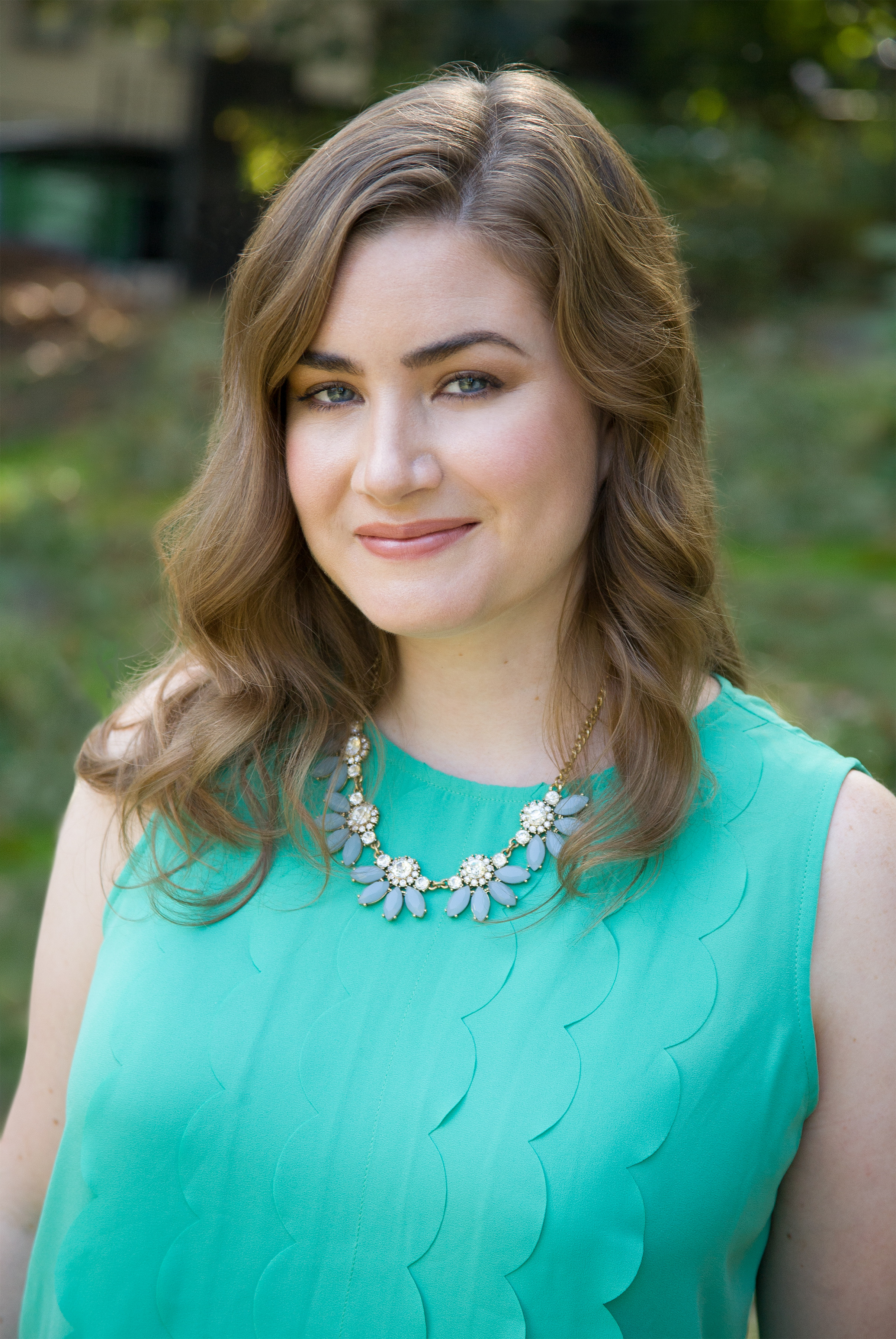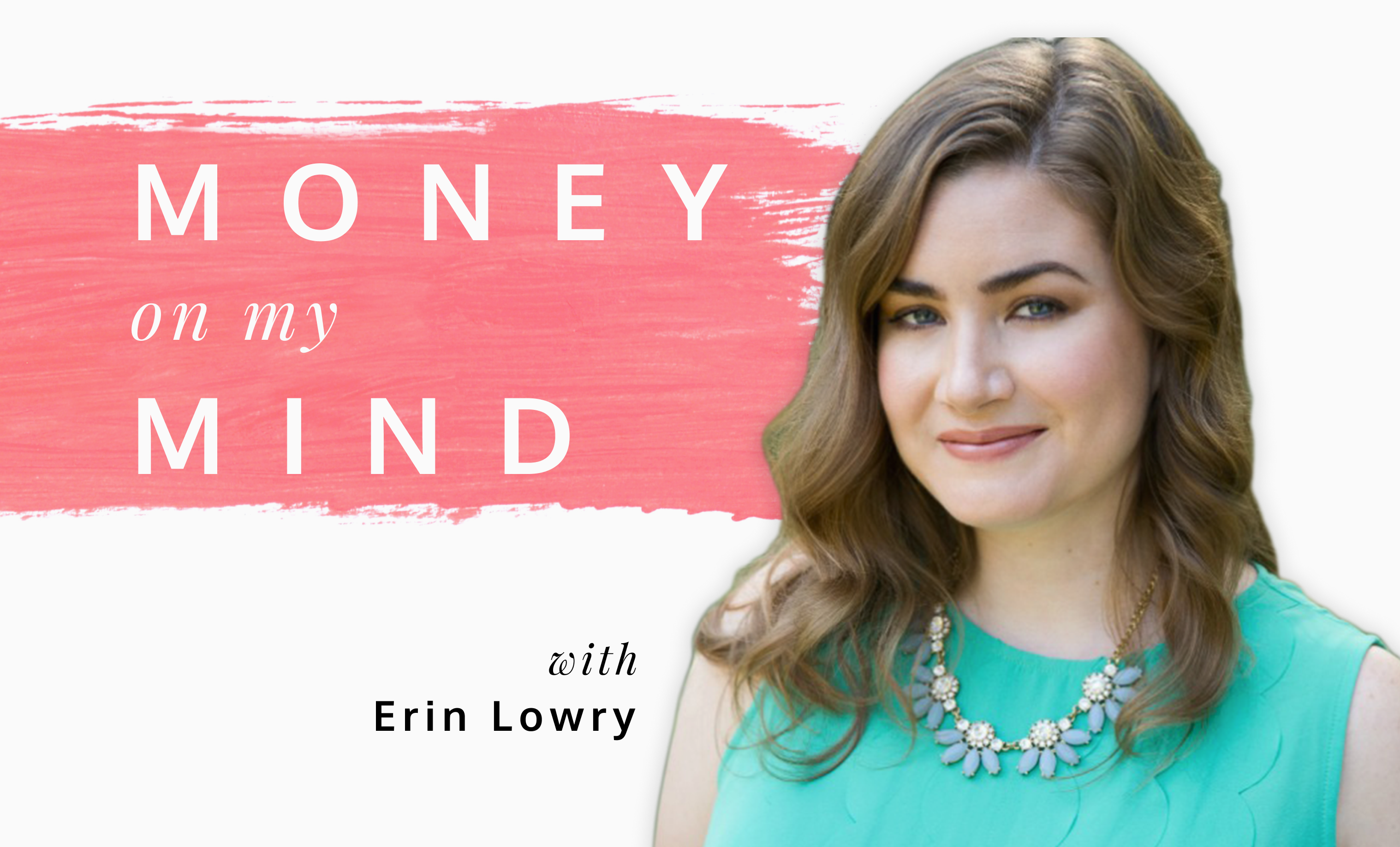Welcome to Money on My Mind, where our advice columnist Erin Lowry — a personal finance expert and author of Broke Millennial — helps solve your money conundrums. While we don’t hear enough about it, there’s a critical connection between our financial well-being and our whole human well-being. Money is a top cause of significant stress for Americans, and unchecked stress levels have been linked to issues from heart disease to diabetes to depression. Read on for advice on how to take control of your financial and overall health, one small step at a time.
Q: I’ve had to be a lot more mindful of how I spend money lately because I’m worried about job security during COVID. I know it’s important to spend more mindfully, but my very strict budget is making me stressed and miserable. Help!”
I get it. And trust me, I’d love to be able to say, “Just forget it! You don’t need a budget!” Alas, that’s simply not true. But, what we can do is take simple steps to make the entire experience less stressful and — dare I say — potentially even enjoyable, because you’ll feel more in control of your financial life.
Start by ditching the “B-word”
Unfortunately, “budget” has a terrible reputation. It’s synonymous with being restricted and rigid, which makes you resentful. Many have attempted to do a P.R.-spin on budgeting by using more palatable expressions like “spending plan.” Personally, I like the term “cash flow,” because it comes with a simple formula:
(Monthly income) – (Monthly expenses + savings) = Money you have left to spend.
Here’s an example of cash flow in action:
You earn $3,000 per month after paying taxes, contributing to your retirement plan, and putting money towards your healthcare plan. Your expenses (rent, student loans, cell phone, groceries, utilities, transportation costs, etc.) are $2,200 per month. In addition to putting money towards your retirement plan, you’re also saving into your emergency fund and for some travel you want to do in the future. You put $300 per month into those accounts.
($3,000) – ($2200 + $300) = $500
Typically, a cash flow is just (money in) – (money out), but I like to include savings in the “money out” formula. With this strategy, saving is a priority and not an afterthought, “if you happen to have enough left over.”
Decide how strict you need to be to reach your goals
Your budgeting needs and style are going to change as your life evolves. I used the envelope method when I was earning only $23,000 my first year living in New York City and needed to be stricter with myself. That’s not the way I budget today because my life has changed and my needs are different. It’s important that you revisit your strategy at least twice a year to make sure it’s still the most effective option for you.
There are many ways to budget, so if you’re feeling trapped, you may simply need a different approach. Some people actually feel less stressed when using budgeting styles that don’t give them much leeway, like tracking every penny for a month. For others, however, just running a cash flow and knowing there’s some money left each month for nonessentials is enough. They don’t need to itemize where every dollar is going, and instead just stay within their personal boundaries. Be honest with yourself about what style of budgeting will support your goals and your sanity, then adjust as needed.
Know when to stop trimming and focus on earning
You might find budgeting to be a negative experience because it feels like you’re being forced to keep cutting pleasures out of your life in order to spend below your means. It’s also true that a lot of personal finance advice focuses on making cuts, cuts, and more cuts. That advice is certainly effective when you’re trying to avoid mindless spending, or not getting value from what you’re spending on — like memberships or subscription services that you pay for each month but never use. Yes, you should slash anything that doesn’t bring you value or utility. But, I’d also encourage you to pivot your focus from slashing to earning.
While there’s no doubt that hiring has slowed throughout the pandemic, some companies and industries are still hiring (and some are growing, like shipping and delivery companies, and remote meeting companies). This is a good time to polish your resume, reconnect with old contacts, and apply for open roles that could be more lucrative than your current one. And if you’re not looking for a career move, a side hustle can help boost the cash you have coming in. Whether you’re selling old clothes or office furniture on eBay, or teaching a remote learning class, extra cash will help you feel like you’re moving in the right direction.
Invest in your relationships
One of the best things you can do for yourself, no matter your budgeting style, is to put aside a little money every paycheck that you will use to invest in your relationships (platonic, romantic, and family). This is a lesson I learned the hard way in my early 20s. Unfortunately, I was so hyper-focused on earning money that I’d prioritize every possible babysitting gig or extra shift at the coffee shop over socializing with and seeing my friends. Even when I could go with them, I was often very reluctant to spend money. These days I make it a point to invest in building and maintaining my relationships, and having some funds set aside specifically for this helps ease financial stress.
Give your savings accounts a nickname
Every time you make a decision to live within your means, you’re making an investment in the “future you.” And this little hack will help remind you of your why for budgeting and saving: Give your online savings account a fun nickname. Most banks and credit unions will allow you to change the name of your savings account from something generic like Account 3920384 to something specific like “Quit This Boring Job by July” or “Emergency Fund” or “Italy Trip.”
Personally, I like to set up different savings accounts for each big goal. (Yes, I have a lot of savings accounts). But I’m visual, and it helps me keep on track and feeling optimistic as I work toward my goals. It might help you, too.


